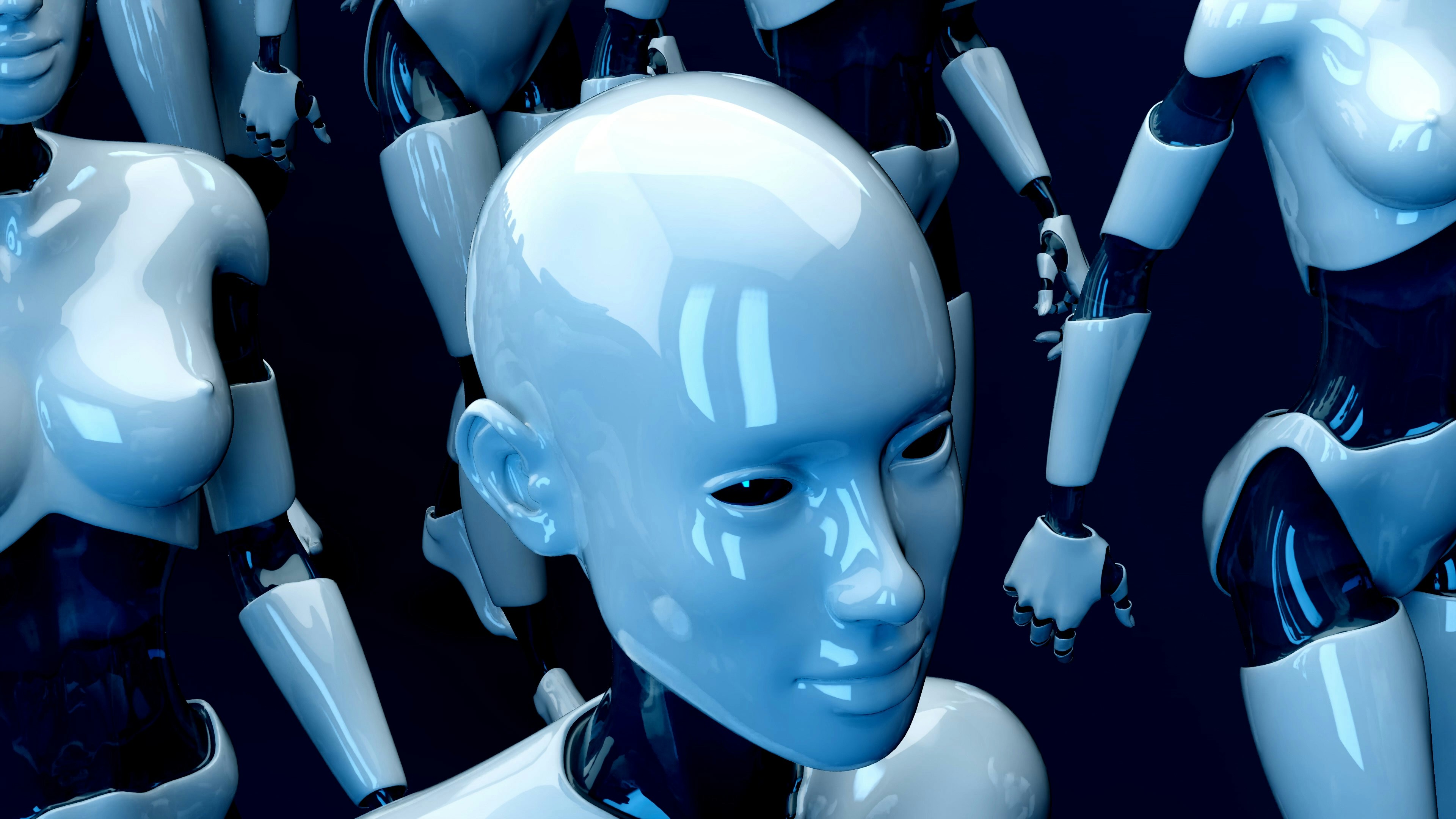
We’re standing at an inflection point in technology. With the rapid advances in AI, it’s becoming increasingly possible for small teams, or even a single engineer, to do the work that once required 10+ heads down in development. Tools like Microsoft Copilot and Cursor are already demonstrating that engineers can generate production-level code, debug issues, and refactor systems with a single prompt. We are quickly moving toward a world where software isn’t written, it’s assembled and validated.
Instead of crafting every line, engineers will spend more time designing intent, directing AI (think Prompt Engineer), and ensuring outcomes align to real-world requirements.
Increased Efficiency: AI can handle repetitive coding tasks, bug fixes, testing, and even generate complex modules faster than traditional teams.
Faster Prototyping: Startups and small teams can bring products to market quicker, iterating at a pace previously unimaginable.
More Creativity & Innovation: Engineers can shift from implementation to higher-level design, architecture, and problem-solving.
Accessible Expertise: AI tools are now advanced enough that even small teams or individual engineers can leverage best-practice solutions that previously required senior specialists. This levels the playing field, letting teams implement complex functionality, optimised code patterns, or design standards without decades of experience. The technology is mature enough to be usable today, not just theoretical.
Risk of Deskilling: Relying too heavily on AI-generated code could erode foundational engineering skills.
Career Uncertainty: Some traditional roles may shrink as AI compresses the size of development teams.
Quality & Oversight Pressure: AI isn’t perfect - engineers must carefully validate outputs to avoid errors and systemic issues.
Converging User Experiences: If AI leans on copying what already works, we could see “copy-paste products” with similar UI and UX across competitors. Baseline usability may become standard, making human creativity and brand experience the key differentiator.
As AI takes over more execution, human-touch becomes the new premium.
In other words, the most "human" solution will stand out.
Companies that remain human-focused will win.
AI sourcing tools can only match keywords to profiles, they surface what’s visible, and often limited to the data on profiles. But the best engineering talent is often passive, not actively marketing themselves online. Top networks aren’t built by algorithms, but by:
At the same time, hiding from AI is equally daft. If AI can reduce admin, automate pipeline processes, and give recruiters more time to actually engage with people, that’s progress. The future is AI-enabled operations + human-led relationships, not one or the other.
AI isn’t the end of software engineering, or even recruitment. It’s the next evolution.
Those who embrace AI for efficiency and double down on human skills will thrive. Because in a world where machines can do the work… human connection becomes the strategy.
